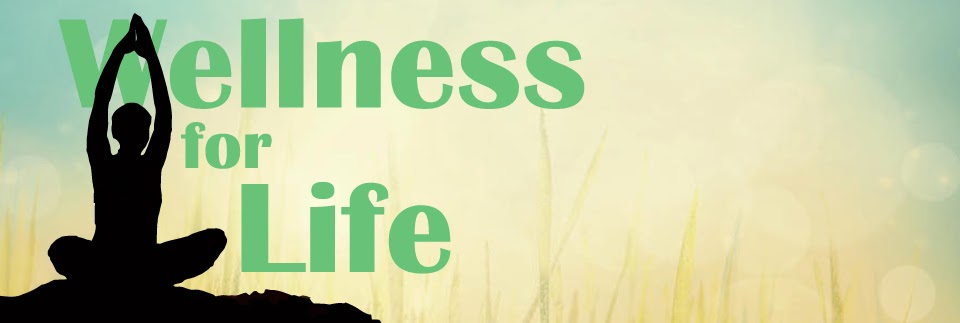Balanced diet is that common topic which almost everybody
has heard of. Our body needs the nutrients like carbohydrates, proteins and
fats along with vitamins and minerals.
To provide the carbohydrates there are cereals and for the
proteins there are nuts and pulses. In the same way there are oils and dairy
items to provide us with fats as well.
Green vegetables,
fruits and other veg. items render sufficient minerals and vitamins necessary
for our body maintenance.
Another source of proteins is dairy products. These proteins
from the dairy products are easily digestible than other proteins from plant
sources.
The function of the protein is to handle the wear and tear in
the body. Thus to maintain the good proportion of fleshes and other tissues
proteins are required in sufficient quantity.
Especially after one falls ill, it requires easily
digestible proteins to recover soon since he has to rebuild the tissues in the body.
During this period milk and milk products are the most for the vegetarians. Without
which it is almost impossible to get well.
There was an instance from Gandhiji himself. He had taken a
vow that he will not take milk products. Once he fell ill and could not
recover. Doctors recommend him to take milk but he denied due to his vows. One of
his doctor friends urged him to take milk with the logic that at the time of
vows there might be cows or buffalo’s milk in his mind so the goat’s milk could
be taken.
Thought he knew that it was just to save the cover, he took
goats milk and got well soon. Since then he accepted the importance milk and
included it to the diet.



